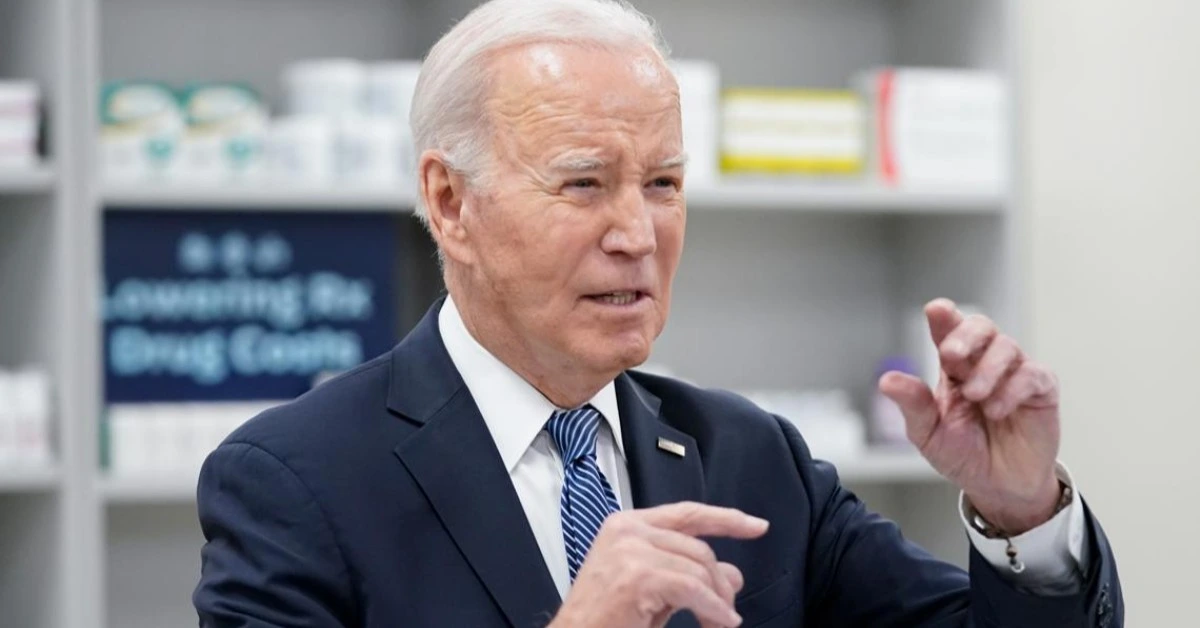
USA – As the pharmaceutical industry’s leaders returned from the JP Morgan Healthcare Conference in San Francisco, the outgoing Biden administration delivered a significant development in drug pricing.
The Department of Health and Human Services (HHS) unveiled a list of 15 additional drugs that will be subject to price negotiation under the Inflation Reduction Act (IRA), a move welcomed by many seniors but criticized by the industry.
Leading the list are Novo Nordisk’s obesity drugs Ozempic, Rybelsus, and Wegovy, grouped together as one entity.
Notably absent is Eli Lilly’s GLP-1 competitor, Mounjaro/Zepbound, which remains ineligible for consideration due to its relatively recent market entry.
The new list expands upon the 10 drugs named in 2023 and includes medications targeting various conditions: four oncology drugs, three for diabetes, two for chronic obstructive pulmonary disease (COPD), and two for irritable bowel syndrome (IBS).
For the first time, a psychiatric drug—AbbVie’s Vraylar—has been included. Among the pharmaceutical companies affected, Boehringer Ingelheim, AbbVie, and GlaxoSmithKline each have two drugs on the list, while others like Johnson & Johnson, Eli Lilly, and Novartis were spared.
The 15 drugs identified are:
HHS Secretary Xavier Becerra hailed the move, saying, “Last year, we proved that negotiating for lower drug prices works. Now, we plan to build on that record by negotiating for lower prices for 15 additional important drugs for seniors.
Today’s announcement is pivotal – the Inflation Reduction Act is lowering prices for people on Medicare. HHS will continue negotiating in the best interest of people with Medicare to have access to innovative, life-saving treatments at lower costs.”
According to HHS, these drugs were used by 5.3 million Medicare Part D recipients from November 2023 to October 2024, costing the government US $41 billion in that period. Negotiations will begin in 2025, with the new prices taking effect in 2027.
Pharma executives’ concerns
At the JP Morgan conference, many pharmaceutical executives expressed concerns about the IRA’s impact, particularly regarding what they call the “pill penalty.”
This term refers to the shorter exclusivity window for small-molecule drugs compared to biologics, which critics argue disincentivizes the development of oral medications.
Industry group PhRMA criticized the administration’s approach, stating, “In rushing out this list in their final days, the Biden administration once again fails to address the true challenges facing seniors and Medicare.
Over half the medicines selected for price setting by the Biden Administration are being targeted because of the ‘pill penalty.’ This sends a clear message to innovators to stop developing these medicines, even though they may be the most effective, convenient, and lowest-cost option for patients.”
PhRMA also pointed to research showing that early-stage funding for small-molecule drug development has dropped by 70% since the IRA’s enactment.
The pharmaceutical industry’s public relations strategy now emphasizes external price drivers such as pharmacy benefit managers (PBMs) and alleged abuse of the 340B program.
PhRMA highlighted a study from the Berkeley Research Group, which found that 50% of drug expenditures go to entities unrelated to the drug’s manufacturing.
Whether the incoming administration will address industry concerns remains uncertain, but public support for the IRA appears strong.
A post-election survey by AARP found that 85% of Americans aged 50 and older believe it is crucial for Congress and the administration to protect Medicare’s ability to negotiate lower drug prices.
XRP HEALTHCARE L.L.C | License Number: 2312867.01 | Dubai | © Copyright 2025 | All Rights Reserved